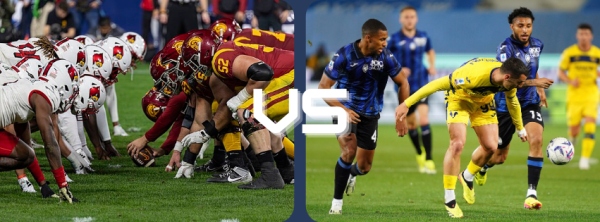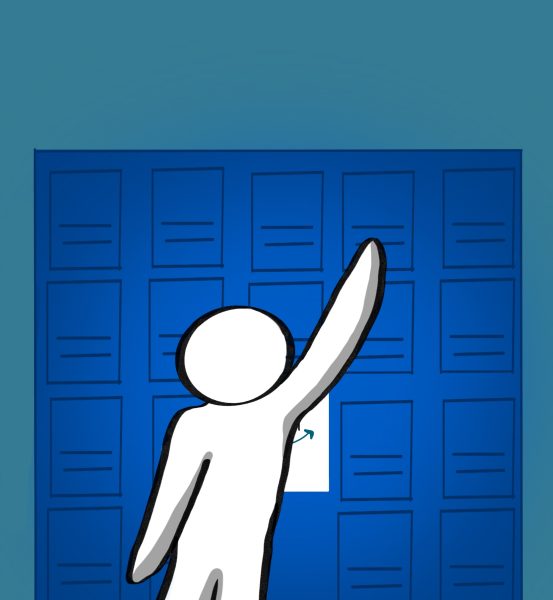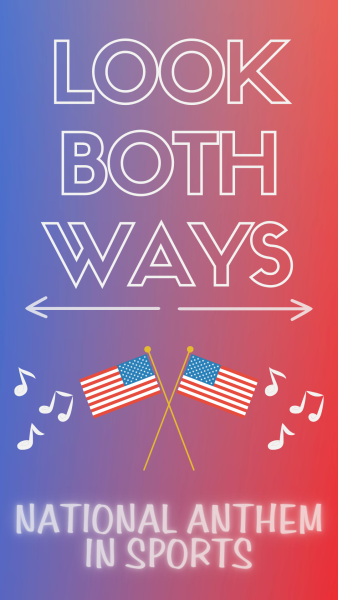EDITORIAL | Athletes have full right to exercise freedom of speech
September 28, 2017
Players in the NFL are exercising their constitutional rights by making their voices heard with a silent form of protesting before their respective games through sitting, kneeling or simply avoiding the most widespread pregame ritual in the nation by staying in the locker room. This is a unique form of protest, but it’s a form that players have the right to do.
Patriotism has been a staple for professional athletes, as players are directed to stick to the status quo and show respect to the flag before athletic events. NFL players are protesting on their own platform.
The first of these protests occurred with Colin Kaepernick kneeling Aug. 14, 2016 to take a stand against police brutality and racial injustices, athletes have since began to join him in protest for the same reasons as well as against the Trump administration and their harsh response toward the protest.
NIU experienced a similar form of protest when Chrystal McAlpin, volleyball redshirt junior outside hitter, took a knee during the National Anthem in their Oct. 14, 2016, game against Buffalo.
“I joined along with [the protesting movement] after I saw plenty of protests from other athletes around the country, both professional and amateur, said McAplin, according to an Oct. 17, 2016, Northern Star article. “It makes me feel a little bit more involved in the movement.”
Redshirt sophomore linebacker Kyle Pugh said it’s ‘cool to see’ players express their beliefs through peaceful protest, and it should send a message.
“I really respect what they are doing, and I wish people would be more open-minded to what they are really protesting,” Pugh said. “I feel like [they’re not protesting] the meaning of the flag; they’re just using the only platform they have to get the message out. I highly doubt that anybody taking part in the protest has any disrespect toward the flag or what it means.”
Around 25 teams made headlines Sunday when they chose to not stand during the anthem or stay in the locker room, including. Teams such as the Pittsburgh Steelers and the Seattle Seahawks chose to stay in the locker room during the anthem before their respective games. Several players in the NFL resorted to kneeling.
President Donald Trump does not support the recent actions by these players and said they should not be a part of the sport if they refuse to stand during the anthem.
“Wouldn’t you love to see one of these NFL owners when somebody disrespects our flag [to tell someone to] ‘get that son of a b—- off the field right now [and fire the player]?” Trump said Friday. “You know, some owner is going to do that – he’s going to say, ‘that guy that disrespects our flag, he’s fired.’
Trump also said he thinks the NFL should implement a rule that requires players stand during the national anthem.
“The NFL has all sorts of rules and regulations,” Trump said in a Tuesday tweet. “The only way [to stop the protests] is to set a rule that you can’t kneel during our National Anthem.”
Players are not required to believe anything. There’s no rule the NFL could implement that could take away a person’s first amendment rights of freedom of expression. This is the best platform for players to express themselves because of the backlash they could receive for speaking their minds in a media conference or a post-game interview.
Our flag is a symbol – a symbol that represents freedom, liberty and human rights. Human rights are the most important aspect of this argument. People who say these players are disrespecting the flag because military men and women are fighting for our rights should know that freedom of speech is a right.
Scot Schraufnagel, chairperson of the Political Science Department, said mingling politics and athletics was destined to cause controversy, and Trump should have handled it differently.
“If [Trump’s statements] would have been just a presidential memorandum [asking] athletes to respect the flag, that would have been a little controversial but, in his case, he called the protesters [vulgar names],” Schraufnagel said. “For the president to ask sports figures to honor the flag seems like an [unusual practice] but is not particularly controversial. What is controversial is the way he went about it and the language he used.”
Trump and the public can disagree with these actions, but these players are exercising their first amendment rights on their own platform. It’s a form of protest the nation has not seen before, but it’s a protest that will continue until the nation becomes more unified. Trump needs to take these protests as a message to focus more on the bigger issues that are dividing this country.












